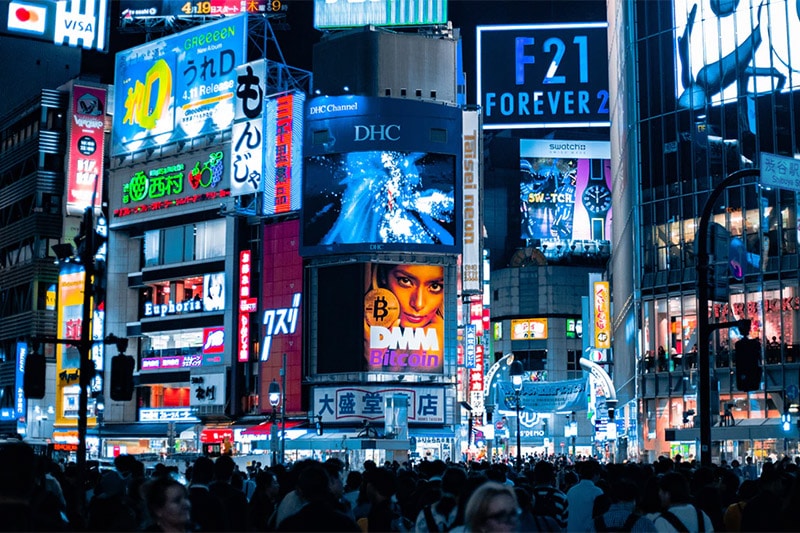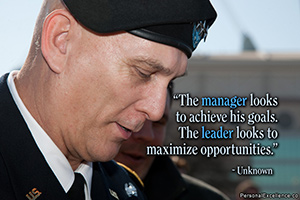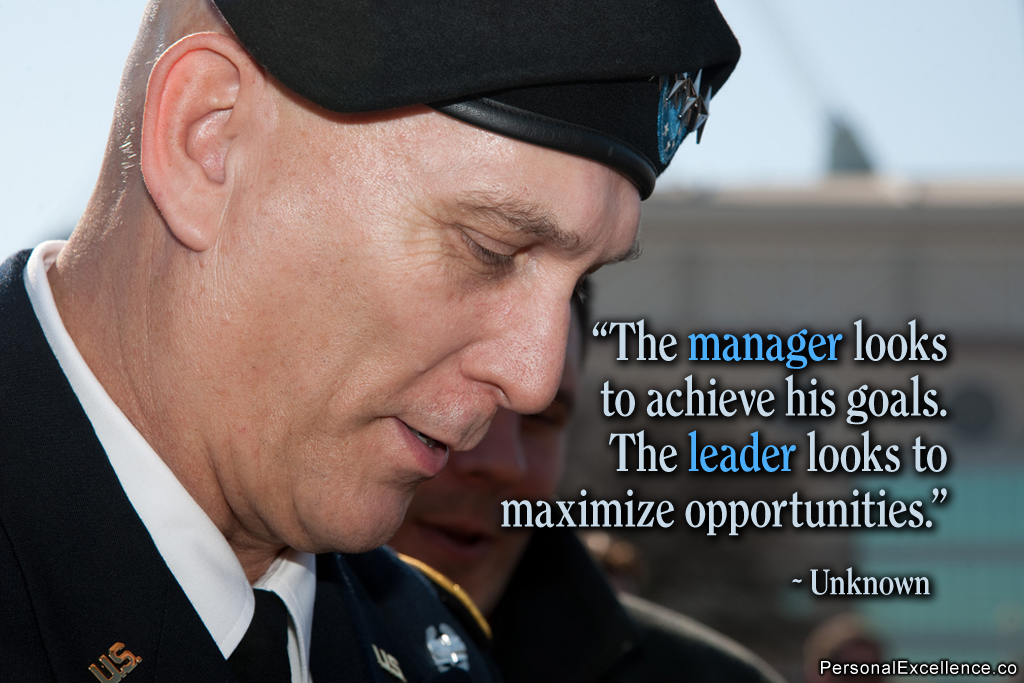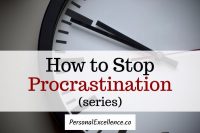
(Image: Darren Chan)
Many things in our world today may appear important, but are actually distractions in disguise.
- The ads you see on TV to get you to buy yet another product are distractions. You don’t need to buy some clothing or perfume to feel good about yourself. You’re perfect as yourself.
- Many things on social media are distractions. You don’t need constant red notification icons to tell you that there’s some new post or someone updated their profile photo. These are just distractions to keep you on the social media platform.
- Many blogs today have become largely sales channels, with false urgencies to get you to buy stuff.
- Our phones have turned into distraction tools, notifying us about every little thing and breaking our focus throughout the day.
Even with grocery shopping, we are faced with distractions all the time. It’s common to see ads for junk food rather than healthy food at supermarkets[1][2], and these lead the shopper to unconsciously fill their shopping carts with junk food. On TV and billboards, you often see ads from fast-food, candy, and dessert companies convincing you to buy their products. There’s a reason why — junk food companies spend nearly 30 times on advertising than the government does on promoting healthy eating in the UK,[3] and it’s likely the same in other parts of the world.
Yet all these are distractions — distractions from a happy, healthful life.
- A junk food advertisement is a distraction from healthy eating.
- A social media app that keeps popping alerts stops you from being productive and staying focused on your goals.
- A beauty and aesthetics advertisement is a distraction from recognizing your true beauty.
- The latest videos on Netflix, trending videos on YouTube, and latest posts on social media are just fighting for your attention and to take your time from what matters.
So what do you do when you’re faced with distractions?
You remove them, or if not possible, tune them out.
- Online, create a distraction-free space.
- Take note of sites that suck up your time and cut down on the time spent on them. Use a website blocker if you have to.
- Reduce your time on social media. Be mindful of what you want to do on the site and stay focused. Read: How Social Media Creates a Fear of Missing Out
- Unsubscribe from newsletters that are not helping you.
- Install AdBlocker Ultimate to block anything you don’t want to see on a site. I use it to block distracting and obstrusive elements on Facebook.
- Delete your social media account if it’s not serving its purpose. (I personally deleted my Twitter (now called X) account with 7,000 followers for this reason.)
- Do the same for your digital devices like your phone or tablet.
- Keep only the essential apps you use; uninstall the rest.
- Disable pointless notifications from your apps. Here’s how on Android and iPhone.
- Organize your homescreen so that you see the most important apps first. Put shortcuts to the apps you use the most on your home screen. Sort your apps into folders. I have a “Daily” folder for important apps that I use most often like Gmail and Google Keep, an “Others” folder for less frequently used apps, and a “Child” folder for apps related to my child.
- Offline, find distraction-free ways to get things done.
- Move with purpose. Start your day with a to-do list and act accordingly.
- When at a mall, shop with an agenda, know what you want, and don’t loiter (unless you’re there to hang out). Shopping malls are designed to trap customers inside and keep them there indefinitely.[4]
- Similarly, because supermarkets are often designed with layouts to trap customers,[5][6] I shop online as much as I can (some online grocery sites are designed to trap customers too, and I avoid those). If you have to shop in-store, have a shopping list, head straight to the supermarket sections to get what you want, and then get out.
With your newfound time, spend it on the things that matter. Join social groups that interest you. Do the things you love. Work on your long-term goals. Tackle an issue you’ve been procrastinating on.
For every minute you spend on something you love, you move closer to your ideal life. When you busy yourself with distractions, you’re just busy every day but you get nothing done. You’re busy working on other people’s goals, not your goals.
At the end of the day, spending 10,000 hours on Netflix will not dramatically improve your life. But spending 10,000 hours on the things that matter? I guarantee you that your life will change for the better.
Read:









 Thanks for reading. If you like my free articles, join my private email list and get my latest updates and articles sent right to your inbox.
Thanks for reading. If you like my free articles, join my private email list and get my latest updates and articles sent right to your inbox.